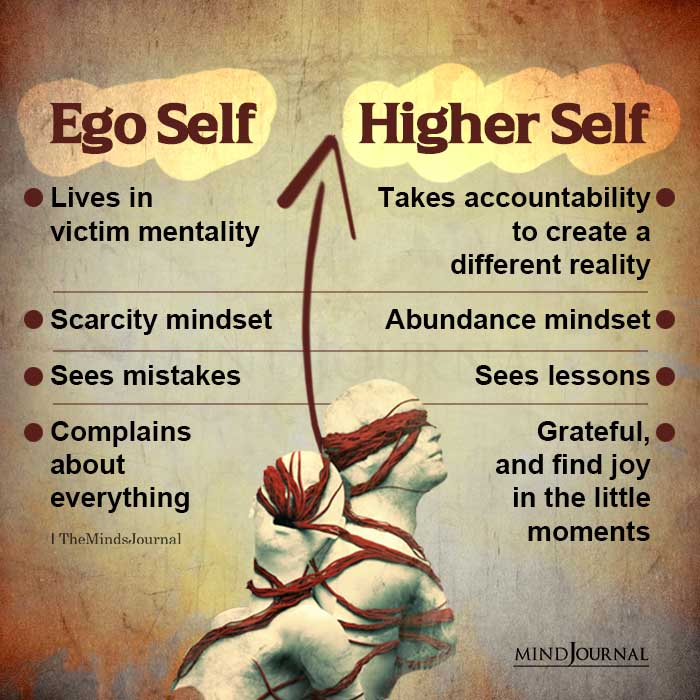The Nature of the Self and the Ultimate Knower
According to Patanjali, the mind is not the self; rather, the self is the observer and the mind is observed. However, some philosophers question whether the ego-self, which is often used to refer to the observer, is a permanent and unchanging principle. They argue that the ego-self may fluctuate, and there may be a continual flow of ego-selves without the need for a permanent self that abides through all experiences. Even William James did not believe in the idea of a permanent, abiding self.
A Buddhist teacher
named Macarena, who lived in the third century AD, also rejected the idea of a
permanent self. He believed that the physical system is a continuous stream of
physical and psychological elements without any integrating principle or
permanent abiding self that integrates them into a coherent whole. Even today,
some modern philosophers and psychologists do not acknowledge the existence of
any self at all, and those who do acknowledge the existence of an ego-self do
not necessarily view it as something permanent or abiding.
Philosophers such as Professor Stout, the founder of essential points of knowledge, and Russell also do not acknowledge any permanent self because it is not observable. Instead, we only observe fluctuating egos that engage in activities such as eating, feeling, thinking, knowing, and seeing. The Upanishads, which were written centuries ago, provide an answer to this question by suggesting that the ultimate knower or seer is behind all the fluctuating sensory objects. This ultimate knower cannot be objectified because it is the ultimate seer, and there is nothing beyond it.
The concept of a permanent, abiding self has
been questioned by philosophers throughout history. While some argue for the
existence of an ego-self, others reject the notion of any self at all. The
Upanishads provide an answer by pointing to the ultimate knower, which cannot
be objectified and is the ultimate seer behind all sensory objects. This
suggests that the self is not a static entity but rather a continuous stream of
experiences, and the ultimate knower is the unchanging principle that
integrates them into a coherent whole.
The Two Selves Within
Us: Ego Self and Self Supreme
Within each one of us, there exists a duality of selves. One is the lower self, commonly known as the ego self, which is driven by passion, pride, lust, hatred, and greed. This self is selfish and miserly, and we often identify ourselves with it, even though it is just a tiny speck in the grand scheme of things. It sits on the threshold of our consciousness and can easily lead us astray.
However, there is a
larger and nobler self, the Self Supreme, which we are often unaware of. When
we identify ourselves with this supreme self, the divine power and potential
hidden within us will unfold, leading to wonderful things happening in our
daily life.
To reach this supreme self, we must annihilate our ego, trample our sense of self, and become nothing, not even zero. Once we have achieved this, we will acknowledge the presence of the divine in everything around us.
The journey to reach
this state is long, but time is short, so we must start now. We are like seeds
with infinite possibilities, but we must give up our "seedhood" to
grow anew.
Yogi Mahadev had a
unique way of teaching this lesson. He asked a young man who wanted to be his
disciple to jump from the peak of a mountain, saying that unless and until he
dies, he cannot be reborn. To understand this, the young man had to go to a farmer,
who explained that unless seeds are buried completely, they cannot yield a new
crop. Similarly, unless we lose ourselves completely, we cannot grow anew.
IF HE EXIST
I drive joy there was a doctor in Benaras who
spent 7 minutes in the morning and evening for mediation on God. Knowing this,
his colleagues and friends laughed at him. One day they argued that he was
wasting 7 precious minutes on something, which he had been misled into
believing. The doctor replied, “Well, if God does not exist, I agree that I am
wasting 7 minutes a day. But, if He exists? I am afraid you are wasting your
entire lifetime. I prefer to waste 7 minutes rather than a lifetime. Why should
you grudge me the 7minutes joy that I derive 4m.-
ILLUSTRATED REVIEW :7th heaven moment in wpl captain 7 mi won first edition of
wpl , by 7 wk












No comments:
Post a Comment